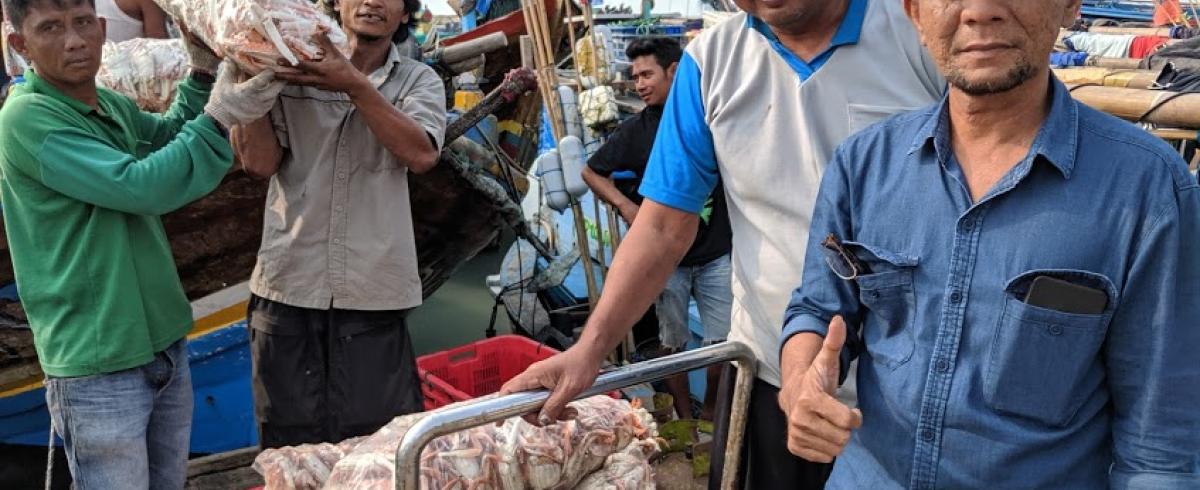Illegal, unreported and unregulated (IUU) fishing is worth an estimated US$23 billion annually, but it’s wreaking havoc on marine resources and the environment. The Port State Measures Agreement (PSMA), introduced in 2016, aims to tackle this global problem. It's the first binding international agreement that specifically targets illegal, unreported and unregulated (IUU) fishing. To date, 87 States are party to the treaty, with more to follow. To explain how the treaty works, we hear from Manuel Barange, director of Fisheries and Aquaculture, and Matthew Camilleri, senior fisheries officer at FAO.

